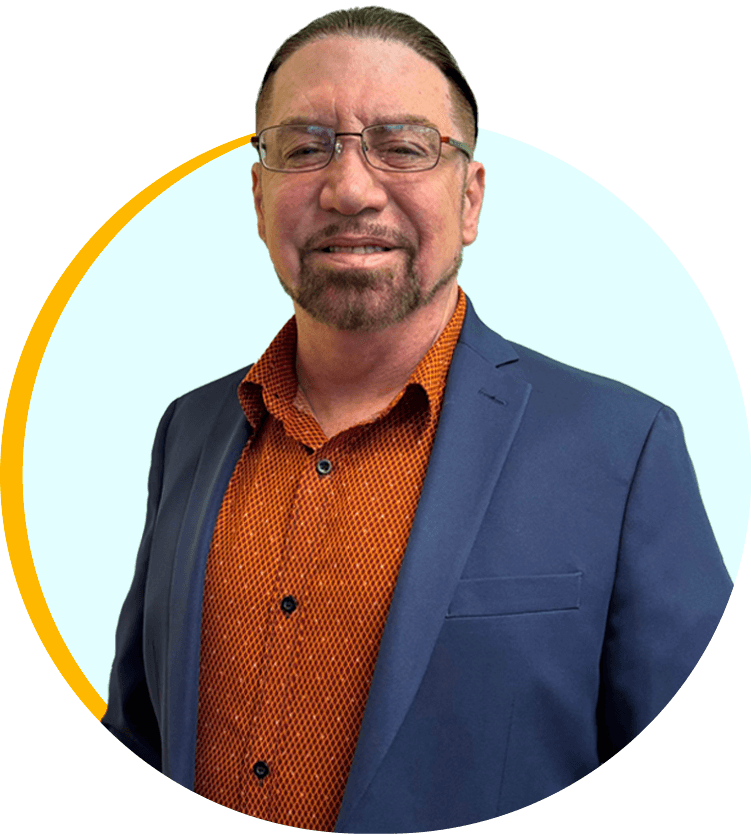If you’re anything like the ‘active addiction’ version of me, you might think that drug rehabs and addiction treatment centers are only for the rich and famous and other people with seemingly “fake” problems. I was very ignorant and naive. I knew I was getting closer and closer to death — the local Emergency Room doctors told me so many times.
Despite the fact that I had multiple friends who worked in drug and alcohol rehabs, I didn’t think that these types of treatment facilities were for me. I didn’t have the money to blow on rehab. Who did I think I was?! Lindsay Lohan, Britney Spears, Whitney Houston — I didn’t have their kind of resources. Plus, obviously, I wasn’t bad enough yet to even consider something like rehab, for “alcoholism”, HA.
I was 22 and, in my head, I drank just like my friends; I was just one of the unlucky ones who woke up with the shakes, or vomiting blood or having severe panic attacks and convulsions when I wouldn’t drink. I even went to so far to search these symptoms on WebMD and ultimately diagnosed myself with a rare African disease, despite never leaving South Florida ever in my short life.
So How Did I End Up in Drug and Alcohol Rehab?
Well. To make a long story short: alcohol withdrawals are very severe in individuals with severe alcoholism. I met that criteria for at the young age of 21. One night, after about 8 hours of not drinking, I began to hallucinate. The people who were close to me thought I had purposely taken some sort of hallucinogen and didn’t take it too seriously, but were rightfully upset.
These hallucinations lasted for hours until I, in this state of mind, called 911 to tell them about a shooting that took place in my neighborhood. I remember it all so vividly. Turns out, when you call 911 and tell them that there has been a shooting, they take it pretty seriously.
They tracked my phone and the police found me, accompanied by a couple ambulances, a Trauma Hawk, and a plethora of backup officers. Once they realized that I was hallucinating and not on drugs, I was sentenced to a brand-new luxury psych ward compared to the ones that I was used to. This experience actually saved my life.
Life in the Psych Ward
Due to my alcoholism and the length of time I was taking benzos (Xanax, Klonopin, Ativan, etc.), I had to stay in the psych ward for two weeks. It wasn’t so bad. I made a friend to hang out with. Every “family day”, my best friend, her girlfriend who is like a sister to me, and my mom would all show up. I do recognize how lucky I am and am grateful that they were there for me when I didn’t even care about myself. Then after our little catch-ups, we’d all have to sit and talk with my caseworker.
At times, I was pulled away at seemingly convenient times for them so I could talk to the psychiatrist who was assigned to my case. During these times, my caseworker would talk to my family, without me, about rehab for my alcoholism and drug abuse. Turns out, my family were the ones pushing for it. There was no shady scheme taking place where anyone was benefiting off of my illness. People still cared for me at this point, who knew?!
The Turning Point — Insurance Covers Rehab?
My caseworker summoned me to his office during normal day hours towards the end of my stay. I was told (and still medicated a bit, so my submission wasn’t too difficult) that my family wasn’t going to let me to come home. I couldn’t go to my best friend’s house where she lived with her partner, and I definitely wasn’t allowed at my mom’s house.
For all I know, they could’ve forged against me and had me Marchman Acted. A Marchman Act is when your family (or enough people who are not related to you) convince a judge to order you to drug or alcohol rehab for up to 60 days; if you leave before the set amount of time, you go to jail. (This is according to Florida law.)
However, I didn’t fight it. In fact, I always wanted to go to rehab, I just always thought that it was out of reach. Mr. Caseworker told me that he had found a drug treatment center in Broward County, Florida that would take me in as soon as I was cleared by the hospital. I can’t even describe the emotions that were going through my heart and mind. I was excited, scared, hopeful, nervous, yet still numb at the same time.
Better yet, I wasn’t going to have to pay a dime out-of-pocket to go to rehab for my addictions. Nothing. My insurance policy covered the entire cost of my rehab program.
Moral of the Story
My point in writing this article is to inform the general public that drug rehab, alcohol abuse treatment programs, residential facilities that focus on mental illness — they can all be fully covered by your health insurance policy. Additionally, finance options are always available and at times, even full scholarships. Don’t give up on yourself like I did until divine intervention took over. It doesn’t have to get worse unless you let it.
This may seem like basic information to you, but it was mind-blowing when I found out. To find out if your insurance policy covers the cost of treatment or to verify the benefits of a loved one, call Principles Recovery Center today to make that first step. We are available 24/7 to answer your calls at 1-866-692-0909. Think about it and get back to us. We’ll be here when you’re ready.



